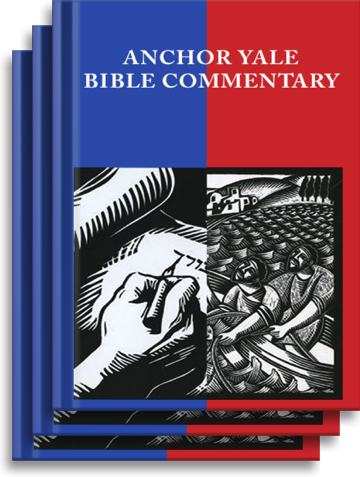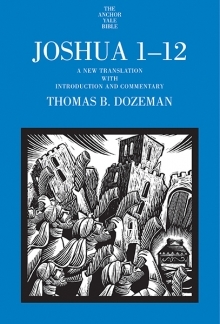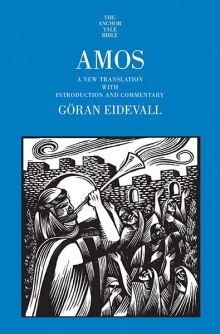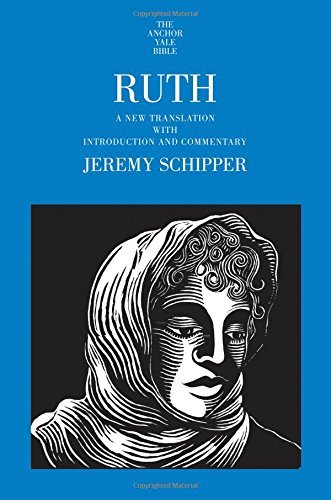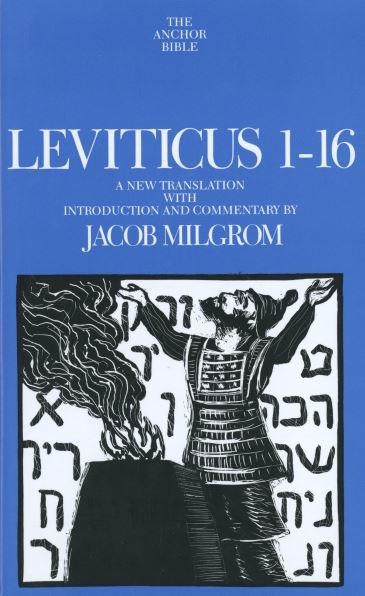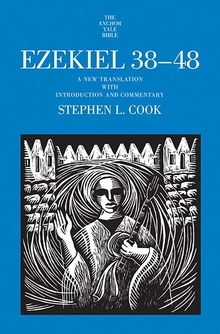



The Song of Songs has been compared to a lock for which the key was lost. Traditionally ascribed to King Solomon, the book has a sensuous imagery that has been the subject of various allegorical interpretations, chiefly as relating to Yahweh’s love for Israel or Christ’s love for the Church.
Marvin H. Pope suggests that the poem is what it seems, an unabashed celebration of sexual love, both human and divine, rooted in the fertility religions of the ancient Near East, the sacred marriage rite, and the funeral feast. A distinctive feature of his interpretation is the correlation between Love and Death. Also discussed are parallel literatures, possible Indian influences, and the significance of the Song for women’s liberation. Samples of traditional Jewish and Christian allegorical interpretations are cited for each verse.
Numerous photographs and drawings of ancient Near East origin illustrate and authenticate this provocative and controversial interpretation of Solomon’s sublime song.
Marvin H. Pope, Professor of Northwest Semitic Languages at Yale University, previously authored Job in the Anchor Bible Commentary Series.
THE ANCHOR YALE BIBLE COMMENTARY SERIES is a project of international and interfaith scope in which Protestant, Catholic, and Jewish scholars from many countries contribute individual volumes. The project is not sponsored by any ecclesiastical organization and is not intended to reflect any particular theological doctrine.
The Anchor Yale Bible is committed to producing commentaries in the tradition established half a century ago by the founders of the series, William Foxwell Albright and David Noel Freedman. It aims to present the best contemporary scholarship in a way that is accessible not only to scholars but also to the educated nonspecialist. Its approach is grounded in exact translation of the ancient languages and an appreciation of the historical and cultural context in which the biblical books were written supplemented by insights from modern methods, such as sociological and literary criticism.
